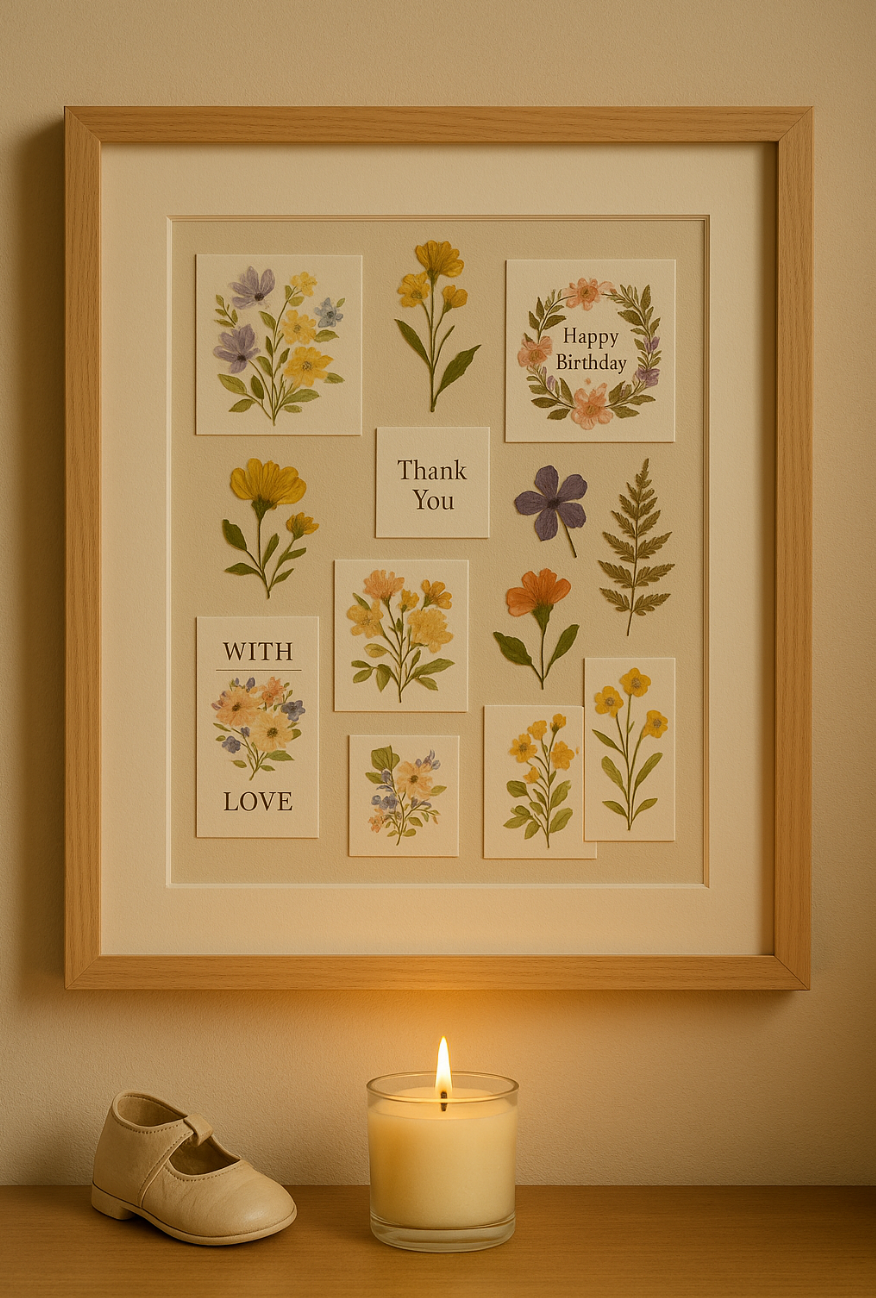How to Treasure Memories Without the Mess
We all have them — the boxes under the bed, the drawers that barely close, the bulging folders of letters, old birthday cards, and keepsakes from times we cherish. Sentimental items carry emotional weight, but too often they also carry dust, disorganization, and guilt. So how do you hold onto what truly matters… without drowning in the clutter?
In this guide, we’ll explore the art of sentimental storage — a thoughtful, practical, and emotionally intelligent approach to honouring your memories with care, while keeping your home peaceful and organized.
Preserving Memories Without the Mess
Sentimental clutter often stems from a fear of forgetting. But memory lives in the heart, not in the junk drawer. The first step in preserving memories intentionally is curation. Ask yourself:
Does this item still spark a strong emotion or tell a meaningful story?
Could one photo or object represent a whole category of memories?
Is there a more functional or beautiful way to display or store it?
Instead of keeping everything, choose the best, most representative pieces and find a way to store them beautifully — or better yet, incorporate them into daily life. A vintage scarf can become wall art. A single baby shoe in a shadow box may hold more weight than an entire bin of outgrown clothing.
Storing Heirlooms Like a Pro
Heirlooms deserve more than a cardboard box in the basement. Whether it’s Grandma’s china, a wedding dress, or your grandfather’s medals, these treasures require thoughtful handling.
Tips for heirloom storage:
Climate control is key: Avoid damp basements or hot attics.
Acid-free containers: Use archival boxes, tissue paper, and photo-safe sleeves.
Label with love: Add a note about the item’s origin, who it belonged to, and why it matters. Stories often get lost before the items do.
Rotate display: If safe, consider rotating heirlooms seasonally in your home. Give them a moment to shine rather than sit unseen.
Digital vs. Physical: Saving Cards, Letters & Photos
In the age of cloud storage, preserving precious paper doesn’t always mean keeping every piece.
For photographs and letters:
Digitize what you can: Scan or photograph them in high resolution and back them up to the cloud and/or an external hard drive. Apps like Photomyne or Google Photos make this easy.
Create digital albums: Organize by year or event. You can even narrate them with audio clips.
Save a select few originals: Choose handwritten notes or cards with special messages and store them in a keepsake box or scrapbook.
Remember, digital doesn’t mean less sacred — it means more accessible, more secure, and often more shareable with loved ones.
How to Honour Keepsakes Without Clutter
Not all cherished items need to be kept — some just need to be acknowledged. Honor your past without holding onto everything by finding creative, conscious ways to commemorate.
Ideas to honor without hoarding:
Create a memory jar: One item per year, carefully chosen.
Make an art piece: Collage special cards or images into a framed artwork.
Storytelling night: Use your objects to share family stories with children or friends, then decide what stays and what can go.
Ritual release: Burn old letters during a full moon ceremony, plant a tree in memory, or photograph keepsakes before letting them go.
Letting go doesn’t mean erasing the memory — it often means making space for the next chapter.
Final Thoughts
Sentimental storage is not about minimalism or materialism — it’s about meaning. With intention and a little creativity, you can preserve the soul of your story while keeping your physical space clear, calm, and inspiring.
So take a breath, open that box, and begin the beautiful process of choosing what to keep, what to release, and how to honor it all.





